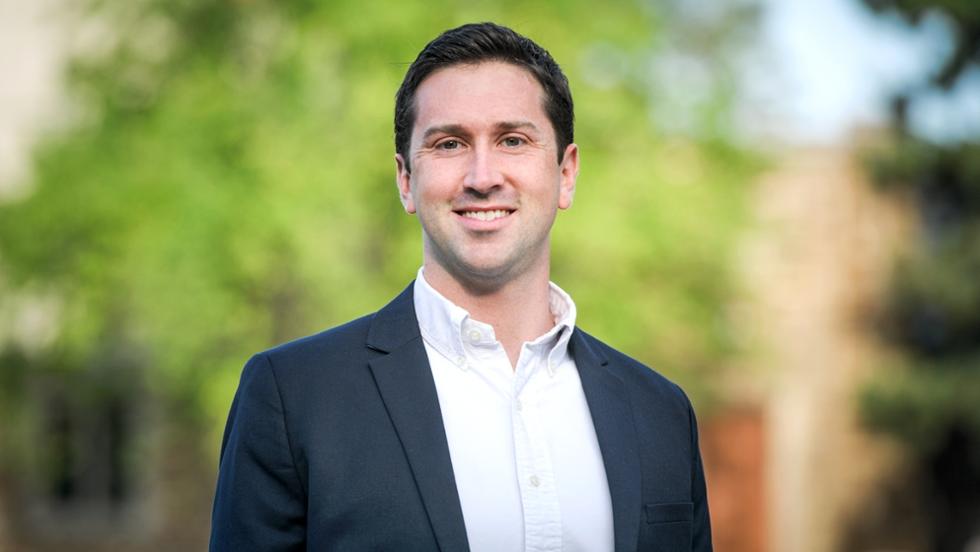
An article by Associate Professor of Sociology Matthew Grace was recently published in the Journal of Health and Social Behavior. “Into the Unknown: Anticipatory Stressors in the Stress Process Paradigm” presents the results of a study in which he used data collected as part of a national survey of Americans to develop a scale measuring anticipatory stress — the worries people have about the future that may or may never come to pass.
Grace said that anticipatory stressors are often rooted in the different identities people embody (e.g., being a person of color) and the social roles they occupy (e.g., being a parent). The scale focused on three dimensions of future-oriented worry:
- worries about economic precarity (e.g., not being able to pay the bills or cover one’s rent/mortgage),
- worries about future traumatic events (e.g., being the victim of a mass shooting or a natural disaster), and
- worries about experiencing discrimination (e.g., discriminatory treatment due to one’s race-ethnicity, gender, or sexual orientation).
Analysis of the data revealed that higher levels of these anticipatory stressors were linked to elevated depressive symptoms and feelings of anger. “Moreover, members of historically marginalized groups tend to worry more about experiencing stressful events in the future,” Grace said.
He found that “Black and Latino Americans are more likely to worry about economic insecurity, traumatic events, and discrimination compared to White Americans; LGB and trans people expressed greater trepidations about discrimination relative to straight and cisgender individuals; and women worry more than men about economic precarity and traumatic events.”
The study also identified psychological resources that can help to offset the damaging effects of anticipatory stress on mental health. For instance, people with greater self-esteem and those with a stronger belief they have the ability to control the things that happen to them in life tend to fare better. Grace said he found it surprising that more social support — or feeling that you have more people to rely on during times of need — is generally less effective when it comes to countering these thoughts.
“Anticipatory stress explains more of the variation in psychological outcomes than most other traditional measures of stress, suggesting it’s an important piece of the puzzle when it comes to understanding mental health disparities,” Grace concluded.
Posted January 15, 2025
